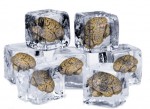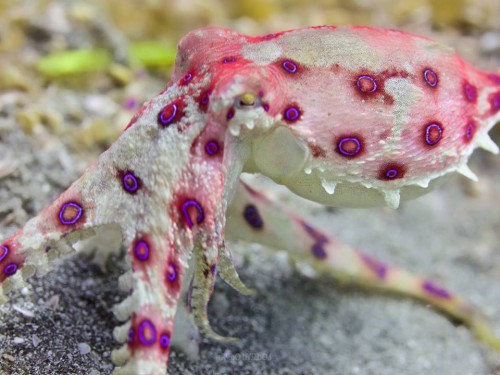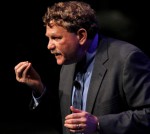Last week, Simon Davis wrote to me with questions about this cryonic brain preservation technique, which has now been published as How to Freeze Your Brain and Live Forever (Maybe). Unfortunately, my comments did not make it into the story, because, Simon politely explained, there are length restrictions and perhaps, I assume, also because my extended dismissive scorn does not translate well to polite journalism. And that’s OK! Because I have a blog, and I can rant here!
The Brain Preservation Society has a goal: to preserve dead brains today, so they can be reanimated at some distant time in the future. At least, that’s what they say — I’m more inclined to believe their goal is to pocket lots of money exploiting people’s fear of death. Their immediate plan, though, is to develop more thorough mechanisms of locking down the fine structure of brains.









